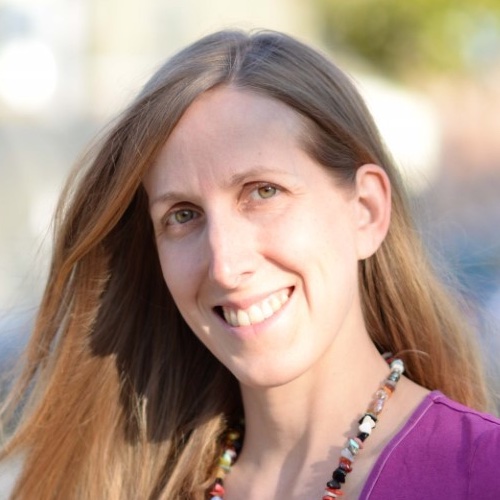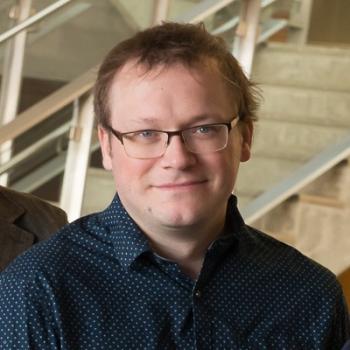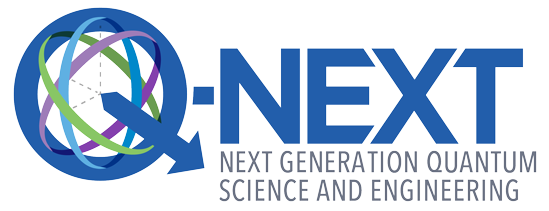Q-NEXT Updates
-

Convergence with quantum characterization
We’re part of the way through Q-NEXT’s first year, and the Extreme Scale Characterization Thrust has made significant strides in our mission to image and identify qubit structure, dynamics, and sources of decoherence — from the single-spin qubit all the way to the system level. Read More
-

From the Quantum Foundry Thrust lead
Since Q-NEXT’s inception, the quantum foundry thrust has been ramping up design and build-out at Argonne and SLAC to meet scientific requirements for Q-NEXT and conform with on-site safety protocols. The foundries will serve as a national resource producing a robust supply chain of standardized materials and devices that will support both known and yet-to-be-discovered quantum-enabled applications. Read More
-

Director's message
Q-NEXT has been working to lay the bedrock for cutting-edge quantum research since the White House Office of Science and Technology Policy and the U.S. Department of Energy announced awards for the establishment of five National Quantum Information Science Research Centers in August 2020. Together with you, our partners from national laboratories, universities and industry, we are tackling one of the grand challenges facing quantum science — how to manipulate and interconnect entangled states of matter. Read More
In the News
See all In the News-
The best qubits for quantum computing might just be atoms
From Quanta: Mark Saffman of the University of Wisconsin–Madison and Infleqtion is featured in this comprehensive overview of neutral-atom qubit research. Read More
-
How quantum computing could help us understand the universe
From PBS NewsHour: David Awschalom appears in this piece on the next generation of computing, one that will be far more sophisticated and dependent on understanding the subatomic nature of the universe. Read More
-
PME-led research into protein-based qubits earns $2.75M Moore Foundation grant
Bolstered by a new $2.75 million grant from the Gordon & Betty Moore Foundation, a team led by University of Chicago's Peter Maurer will soon study qubits made from protein. Read More
-
Infleqtion unveils 5-year quantum computing roadmap, advancing plans to commercialize quantum at scale
From Quantum Insider: Infleqtion shares a broad business update, including the first look at its new 5-year quantum computing roadmap. The roadmap's centerpiece is Sqorpius, the next phase of Infleqtion’s quantum computing program. Read More
-
Bringing quantum entanglement to the people
From the National Science Foundation: NSF’S Quantum Leap Challenge Institute Hybrid Quantum Architectures and Networks at the University of Illinois Urbana-Champaign, a Q-NEXT partner, has created a working demonstration that brings entanglement between photons to a public setting for the first time. Read More
